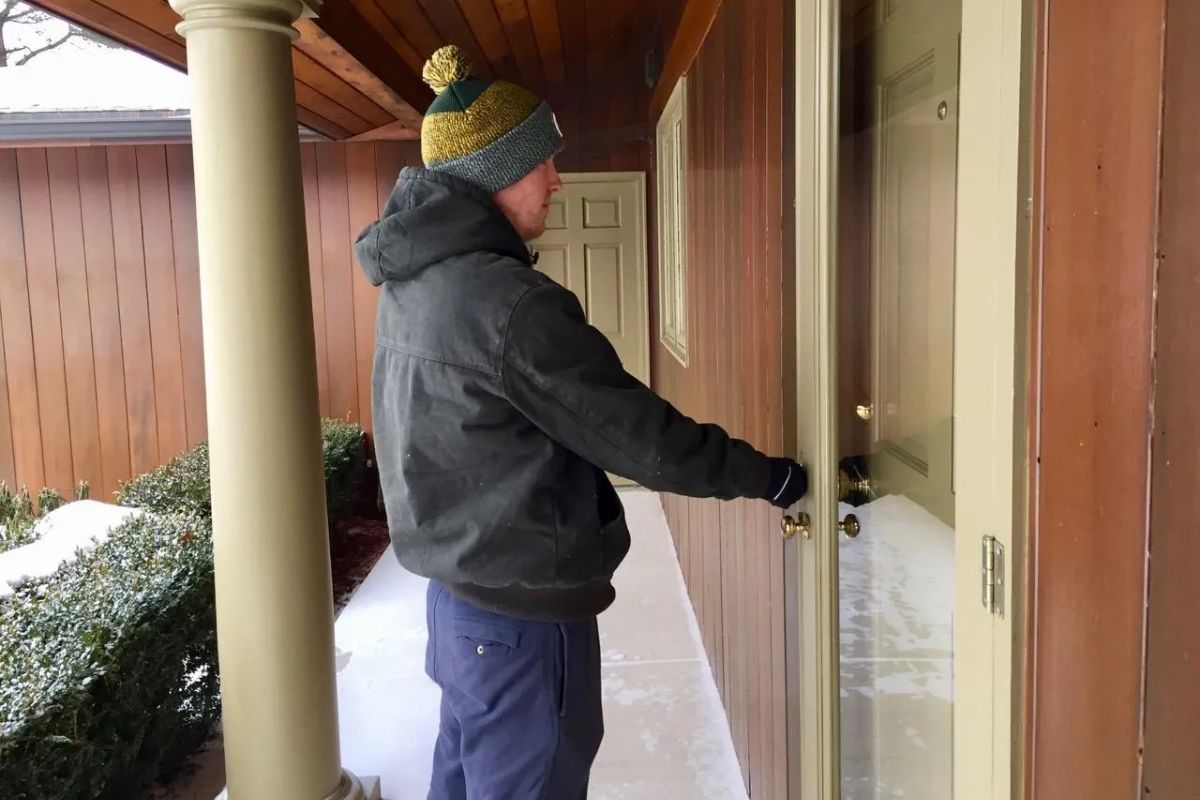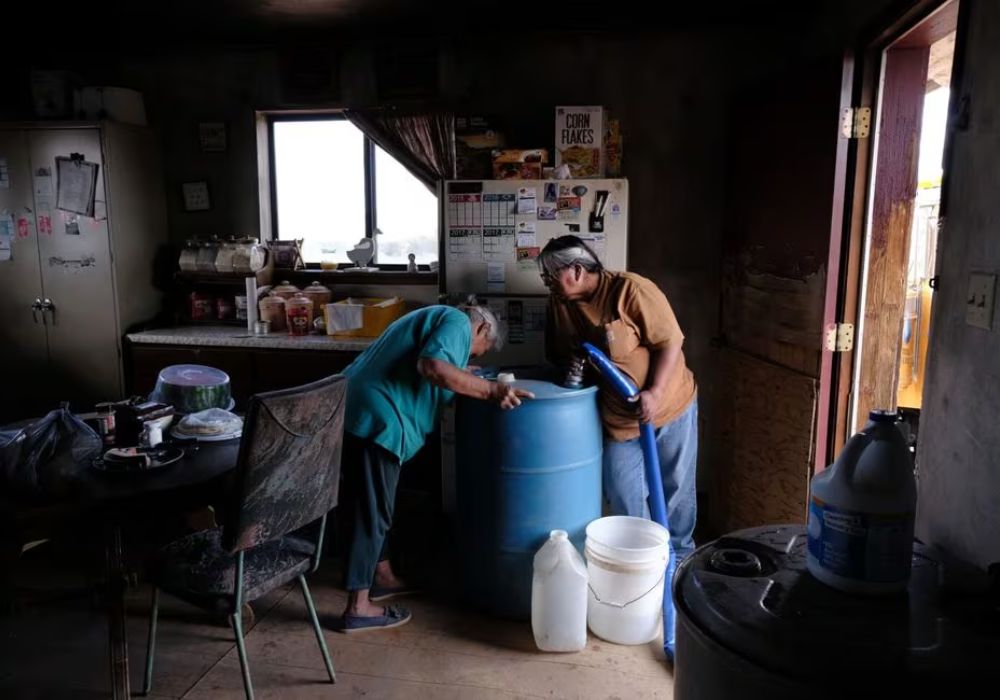When renting a property, it's natural to wonder about the responsibility of paying sewer bills. Do tenants bear this cost? In this article, we'll delve into the relationship between landlords and tenants when it comes to sewer expenses.
Do tenants pay sewer bills?
In most cases, tenants are not responsible for paying sewer bills directly. Sewer bills typically fall under the landlord's responsibilities unless otherwise specified in the lease agreement. As the property owner, it is generally the landlord who receives the sewer bill from the utility provider or local government.
However, landlords often include the sewer costs as part of the tenant's monthly rent payment. So while tenants do not pay the bills directly, their rent payments indirectly cover the cost of sewer services.
Related: If A Tenant Breaks A Window, Who Pays?
What do sewer bills cover?

Sewer bills typically cover the treatment and disposal of wastewater from a property as well as maintenance of the sewer infrastructure. The funds collected from sewer bills help utility providers operate wastewater treatment plants, maintain and repair sewer lines, ensure proper drainage, and protect public health and the environment.
Services like repairing sewer mains, keeping the system functioning, and ensuring wastewater is safely disposed of all require ongoing funding supported by sewer fees.
How are sewer bills calculated?
The calculation of sewer bills can vary depending on location but often involves water usage amounts. In many areas, sewer bills are calculated as a percentage of a property's water bill since heavier water usage means more wastewater entering the sewer system.
Other locations may use fixed fees per property or a combination of fixed fees and variable fees tied to water consumption amounts. Multiple-unit properties might divide a single bill among units based on size.
Who receives the sewer bill?
Typically, the sewer bill is sent directly to and paid by the property owner or landlord. As the owner of the property connected to the local sewer system, the landlord is responsible for receiving the sewer bill and making sure it is paid on time. However, landlords will normally pass this cost on to tenants as part of the monthly rent.
Tenants should check their lease to determine if they need to pay any portion of sewer fees separately.
When are tenants responsible for sewer bills?
While landlords are usually responsible, there are some exceptions. Tenants may need to pay if there is a separate sewer meter for their unit, sewer charges are itemized in the lease agreement, or local regulations assign sewer bill responsibility to individual units in multi-family buildings.
Tenants are also responsible if their actions like flushing improper items cause a sewer issue requiring repair.
What should tenants do upon receiving a sewer bill?
If a tenant receives a sewer bill in error, they should first clarify with the landlord whether tenants or the landlord pays for sewer service. The lease agreement and any regulations should also be reviewed. Tenants can also check if the issue involves a separate sewer meter or special arrangement.
Depending on the circumstances, negotiating with the landlord for an equitable solution or withholding rent as a last resort may be appropriate steps. Overall communication between tenants and landlords is key to sorting out sewer billing responsibilities.
Conclusion
In the majority of cases, tenants are not responsible for directly paying sewer bills. As the property owner, landlords receive sewer bills from utility providers and factor the costs into tenant rent payments. However, tenants should familiarize themselves with exceptions involving separate utility connections or explicit lease terms.
With clear understanding between landlords and tenants regarding sewer bill responsibilities, disputes around these utility payments can be avoided. Proper communication and clarifying lease agreements upfront helps all parties fulfill their respective obligations.





